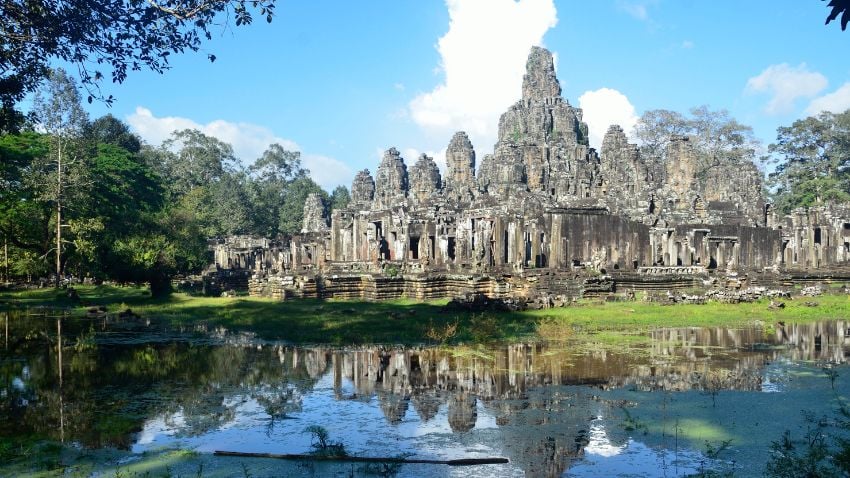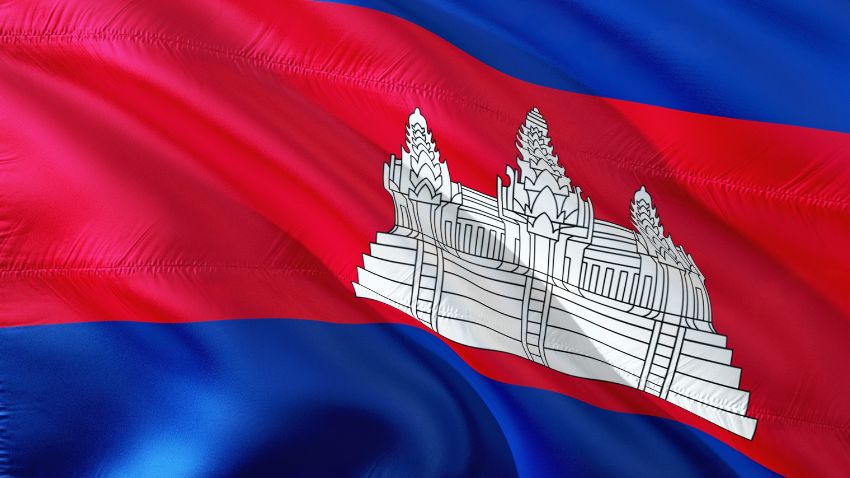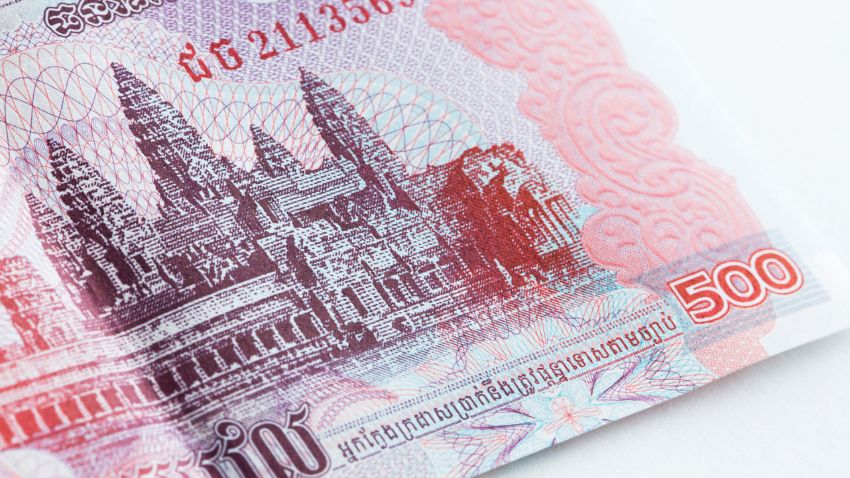Top Things To Do In Panama In 2026
Panama’s geographic size is modest, but its global relevance is not. The country connects two oceans and two continents, operates on a dollarized...

4 min read
Cambodia is a country in southeastern Asia that borders Thailand, Vietnam, and Laos. The population is almost entirely Buddhist, and it is home to many famous temples, such as Angkor Wat, known as the eighth wonder of the world. The cost of living in Cambodia is very reasonable, especially for rent, food, and domestic help.
Cambodia is a fairly safe country. The homicide rate is extremely low, and the most common danger is petty theft.
Most Cambodians live in rural areas practicing subsistence agriculture. Infrastructure is generally quite underdeveloped, especially as you leave the capital region. Nonetheless, Cambodia has a rapidly growing economy, with annual growth rates of 7.7% between 1998 and 2019. Cambodia has also benefited heavily from Chinese involvement in its economy, attracting $2.32 billion in fixed-asset investment in 2021.
The 1996 Cambodia Law of Nationality offered a pathway to citizenship for foreign investors who did not want to wait the typical naturalization period of seven years. There are two basic paths to citizenship by investment in Cambodia.
The first is to donate a sum of $245,000 to the Cambodian government. The second option is to make an investment of $305,000 in a project which is approved by the Cambodian Development Council (CDC).
This program is a direct pathway to citizenship. After only three to six months after donating to the Cambodian treasury or investing in an approved project, you should have Cambodian citizenship.
Related content: The Pathway To Turkey Through The Citizenship By Investment Program

Cambodian Flag
In July of 2022, the Cambodian government launched the Cambodia My Second Home Program, a ten-year investment visa. The primary requirement is an investment of $100,000 in government-approved real estate. This visa allows the right to reside in Cambodia for a period of up to ten years, with unlimited entries and exits from the country. In addition, it is a pathway to citizenship, which can be applied for after just five years.
In addition to securing you the visa, this program also grants you membership in the Khmer Home Charity Association (KHCA). The KHCA is an association of accountants, lawyers, government representatives, and financial professionals who can assist you in establishing business interests in Cambodia. They offer a one-time complimentary VIP airport pickup and can also help you set up a bank account and register your company before you are even in Cambodia. They can also quickly arrange a working permit on your arrival so that you can hit the ground running, as well as arrange your real estate investment.
There are several advantages to the My Second Home Program:
Approximately 10,000 of these investment visas will be issued.
The requirements for Cambodia’s My Second Home Program are:
The application process is as follows:
You also need to provide certified copies of your bank statement, proof of income, titles to any assets you may own, documentation on any companies you may own, marriage certificate, birth certificate for any dependents, proof of payment, and clean bill of health.
Related content: Malta Citizenship By Investment

Riding an Elephant at sunset in Cambodia
As a Cambodian citizen, you would have the right to reside in Cambodia indefinitely, as well as to come and go as you please. Simply having a backup passport and the ability to start a new life in a foreign country at the drop of the hat is a valuable asset as well. Because Cambodia has a low cost of living, you should be able to live very comfortably there without having to spend very much money. The weather is warm, and you don’t have to suffer from cold winters.
Cambodian culture is exotic, so by living there, you would have the opportunity to expose yourself to an entirely different way of life and cultural belief system. Cambodia is also a beautiful country to explore. You can eat breakfast with a view of the Ocean, explore Buddhist temples, or go hiking through a jungle. Or take the ferry from Phnom Penh to Siem Reap and witness some spectacular views along the way. The people of Cambodia are friendly and kind, and the use of English is becoming increasingly common. Cambodian cuisine is both healthy and delicious, and the smaller sized portions make it easy to lose weight.
Related content: The Basics Of How To Get A Second Passport Or A Second Residency

Cambodia Street Food
If you become a tax resident of Cambodia by spending more than 182 days there in a 12-month period, then you owe taxes to the Cambodian government on any income you earn worldwide. Non-tax residents only owe taxes on income that is sourced from within Cambodia. Technically Cambodia doesn’t have an income tax; it is instead a salary tax applied every month. This salary tax is progressive, with a top rate of 20% for a salary over 12,500,000 Cambodian riels ($3,055 USD at the time this was written). Non-residents pay a flat 20% tax on any Cambodian-sourced salary.
One tax benefit to Cambodian citizenship is that you pay a reduced rate on rental income. Foreigners must pay 14% of gross rental income in tax to the Cambodian government, whereas Cambodian citizens only have to pay 10%. Corporate tax rates are 20% for large and medium businesses, whereas small businesses pay a progressive income tax with a top rate of 20%. There is also a VAT of 10%, although certain goods and services are excluded.

Cambodian riel
If you want the best intel from the expat world, including profitable offshore opportunities, little-known tax-saving strategies, and hard-won insights on immigration, passports, and Plan-B residencies, all delivered to your inbox every single week, then join our daily correspondence, EMS Pulse®. Currently enjoyed by over 84,000 expats and expat-hopefuls worldwide. Fill in the form below to join our newsletter free:

Written by Mikkel Thorup
Mikkel Thorup is the world’s most sought-after expat consultant. He focuses on helping high-net-worth private clients to legally mitigate tax liabilities, obtain a second residency and citizenship, and assemble a portfolio of foreign investments including international real estate, timber plantations, agricultural land and other hard-money tangible assets. Mikkel is the Founder and CEO at Expat Money®, a private consulting firm started in 2017. He hosts the popular weekly podcast, the Expat Money Show, and wrote the definitive #1-Best Selling book Expat Secrets - How To Pay Zero Taxes, Live Overseas And Make Giant Piles Of Money, and his second book: Expats Guide On Moving To Mexico.

Panama’s geographic size is modest, but its global relevance is not. The country connects two oceans and two continents, operates on a dollarized...

Honduras’ newly elected president, Nasry Asfura of the conservative National Party, was sworn in on January 27, 2026. The election, held on November...

For a growing number of Americans, cost-of-living math no longer works. Housing feels harder to reach, everyday costs keep climbing, and long-term...